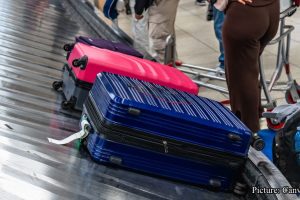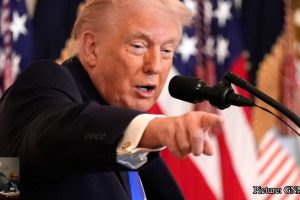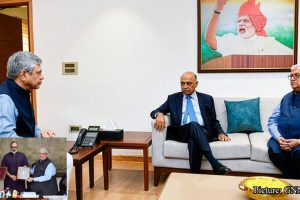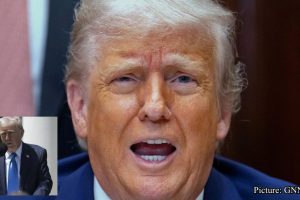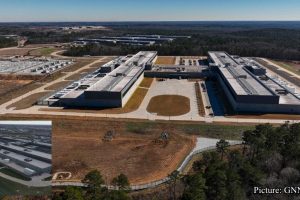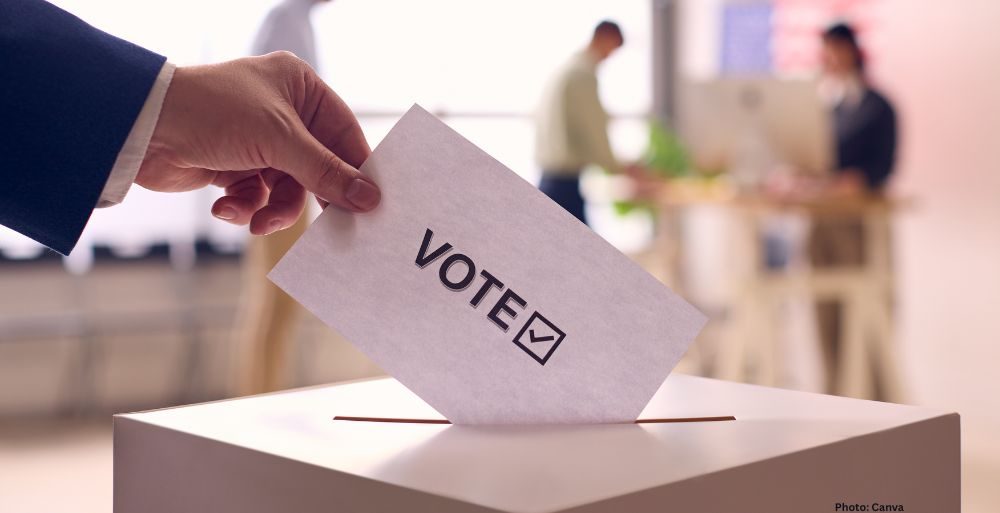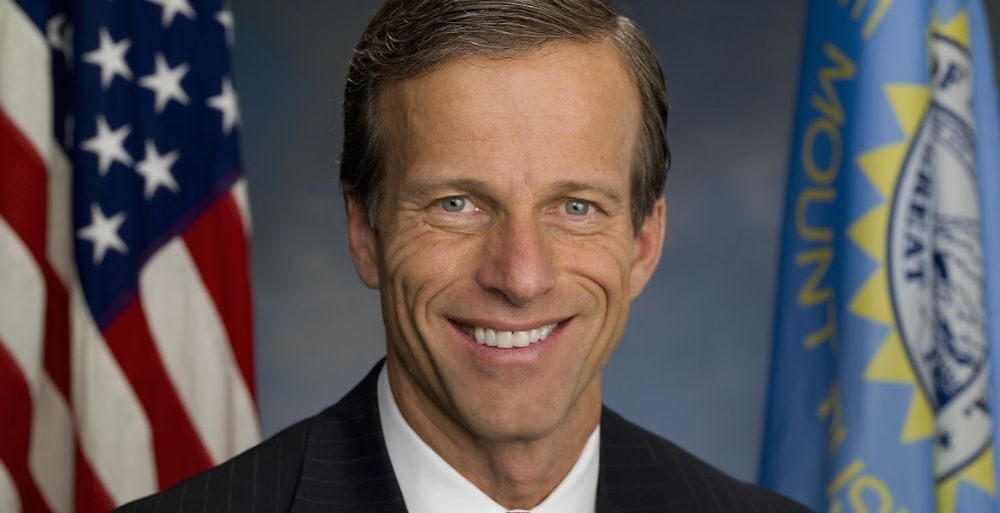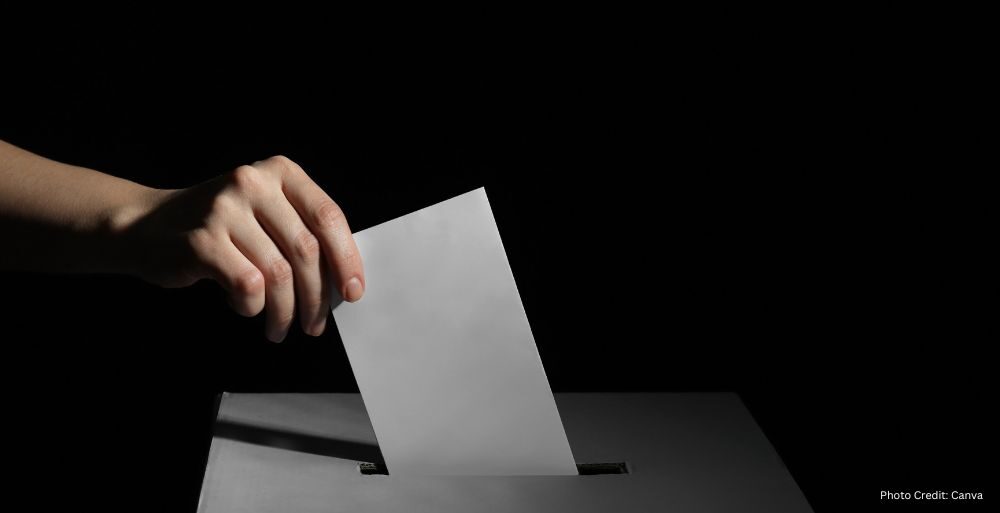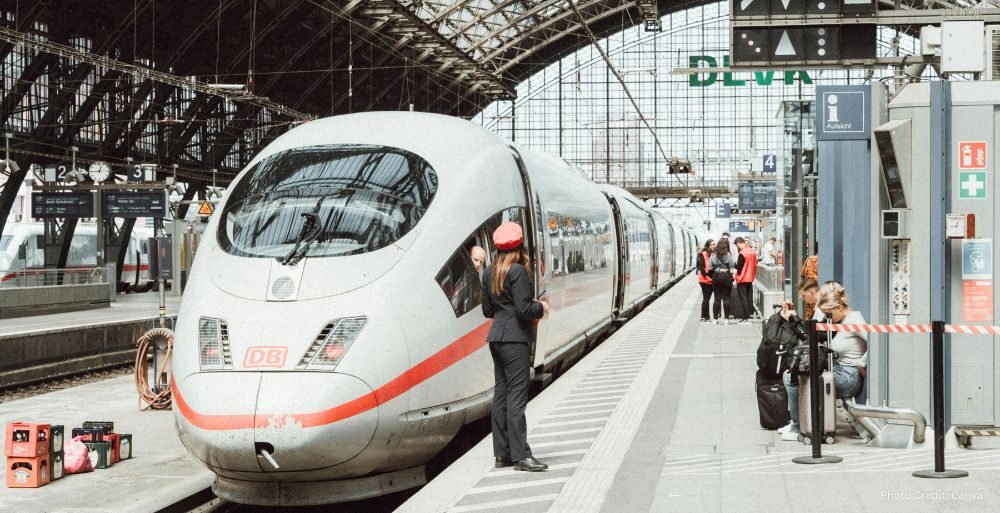Cameroon is heading to the polls as Paul Biya, now 92, vies for an eighth term in office, extending a long and controversial rule. Many young Cameroonians—whose median age is just 18—feel bitterly disconnected from the electoral process and see little chance of meaningful change.
Disillusion among the youth
Elvis Nghobo, 34, embodies this discontent. After trying unsuccessfully to secure admission to several vocational schools, he turned to selling food in a Yaoundé market. He views Biya’s continued dominance as predictable, saying the outcome of the election is already decided. His sentiment is echoed by many who believe the system favors the incumbent.
A presidency that spans decades
Biya first assumed the presidency in 1982. Political changes in 2008 removed term limits, allowing him to remain in power indefinitely. Other hopeful contenders have emerged, including Issa Tchiroma Bakary, a former government insider who recently broke away to contest Biya. But the banishment of the key opposition candidate, Maurice Kamto, from the ballot has raised concerns about the fairness of the contest.
Challenges for the country
Despite being an oil-producing nation, the benefits of economic activity have largely remained concentrated among elites, leaving many young citizens trapped in informal or insecure work. Cameroon also faces surging security issues—separatist conflict in English-speaking regions and spillover Boko Haram violence in the north threaten stability.
A contested political landscape
Analysts argue the ruling establishment maintains power through entrenched networks of loyalty, control over institutions, and limited opposition space. For many young voters, change seems improbable through elections alone—they regard them as symbolic rather than substantive.

